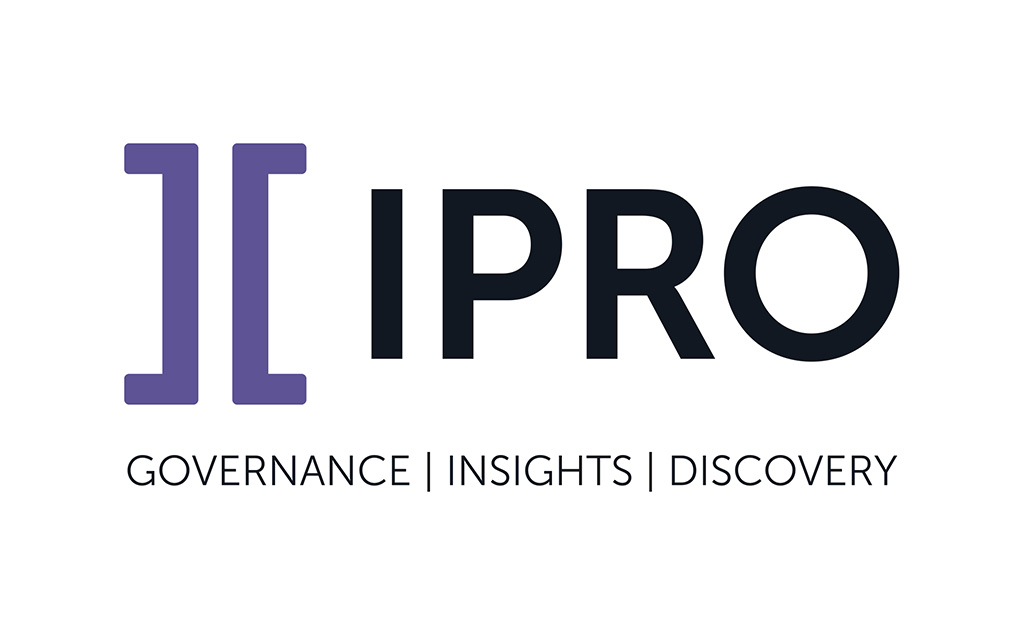
What is Legal Tech?
A new article published in Artificial Lawyer discusses a proposed new regulation for legal technology solutions “that have encroached on what they see as the regulated provision of legal services.” While still far away from fruition, if it were to pass, this regulation (or others like it) could affect the EU in significant ways.
The regulation specifically targets automated platforms that guide people through a legal claim process. There has been a rise in legal technology which, as the article states, “build[s] up their legal expertise through scaled case numbers, allowing them to go up against big opponents. They assume the user’s cost, give the user someone to fight for them, in exchange for a part of their winnings upon success. Moreover, they may receive financing from third parties. Lawyers [in Germany] are currently not permitted to do either.” This approach gives users access to legal areas where attorneys have little interest due to the small amounts in dispute.
But what does a proposed regulation in Germany have to do with eDiscovery in North America? If anything, it raises that question which haunts all of us in one way or another: who am I? Or in this case, what is legal tech? You might ask, why bother with philosophy 101 when there are terabytes of data to review? Too often in the legal world there’s a “we’ll deal with that when it comes up” approach. Our cases rarely go to trial. We usually don’t deal with large-scale data. Almost all of our discovery is email. And then, when something new does come up, we are caught off guard.
Potential outcomes are always worth pondering, specifically for the reason that it causes us to stop and imagine what is possible. So, how would you define legal tech?
The German politicians’ definition, “seems to mean web-based platforms that engage with consumer legal issues.” This certainly seems to potentially encompass many (if not all) of the eDiscovery software companies out there. The German proposal currently focuses on individuals who use automated legal platforms, but where does the regulation end? Does this extend to scholars, consultants, service providers, in-house corporate eDiscovery team members who aren’t attorneys? As Artificial Lawyer posts, “Would AI review tools administered by a team of paralegals in an LPO come under the ‘unregulated legal tech advice’ umbrella?”
Again, all of this is speculation. After all, it’s a proposed regulation in a single European country that may not gain any traction. Then again, understanding begins with definition. In an industry like eDiscovery—where our own terms aren’t clearly defined (just ask for a definition of AI or TAR or ECA, and you will get a variety of answers)—the basic question of “what is legal tech and what is its role in the legal system?” is definitely worth pondering and potentially preparing for.


